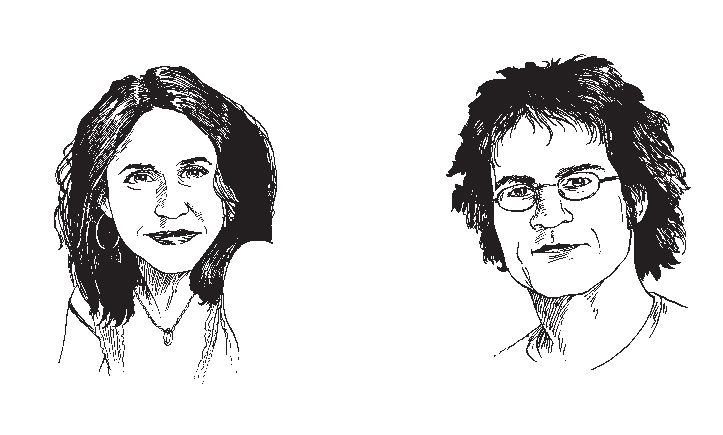I first met Heather Chaplin through a friend, though we did not instantly become close. For a long while she was, in my mind, “that cool, good-lookin’ girl who is into video games.” This is not to say I walk around equating moral worth or coolness with good looks; it is merely in recognition of the fact that cool, good-lookin’, girl, and video games do not often find themselves in the same sentence with the same referent. Video games began as a form intended for children and young people. Over the last forty years, games have grown up in many ways. They are smarter, more sophisticated, and more absorbing than ever, but they still suffer from the origins of their nativity, both in terms of their affect and in how they are perceived. Playing a lot of games is rarely viewed as a productive way for adults to spend time. (But then, reading a lot of novels was once attacked as a similarly frivolous waste.) I long wondered when someone would come along to treat the emerging art form of games with the respect, and skepticism, it deserved. Then I read Heather’s book Smartbomb: The Quest for Art, Entertainment, and Big Bucks in the Videogame Revolution, and realized that here, finally, was the book I had been waiting for. Rigorous, funny, and endlessly insightful, Smartbomb is, in my mind, one of the best books on the subject ever written.
Since then, we have talked much about games and gamed together. Heather’s view of games is intellectual and organic, critical and appreciative, smart and wise. In addition, she once wrote a piece about video-game addiction that began and ended with a case study of one T. Bissell. Her writing has appeared in the New York Times, the Los Angeles Times, GQ, and Details, and she contributes often to All Things Considered. She is currently working on a book about women and their rising economic status that Hyperion will publish in 2010. She insists there is nothing in it about games; I say, We’ll see. This conversation was enabled by the wonderful people at Skype, with Heather talking from her beautiful apartment in Brooklyn, New York, and me from my apartment in Tallinn, Estonia.
—Tom Bissell
I. REHOOKED
TOM BISSELL: My great question for you, Heather Chaplin—one of the handful of people I actually like to read on video games—is why you feel this compulsion to write about something that—as you once admitted, flooring me—you don’t even enjoy playing.
HEATHER CHAPLIN: I got into it for a couple reasons. One is the person...
You have reached your article limit
Sign up for a digital subscription and continue reading all new issues, plus our entire archives, for just $1.50/month.
Already a subscriber? Sign in





